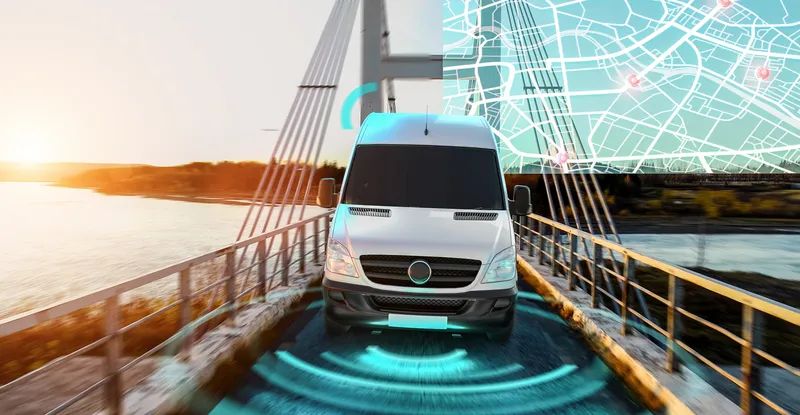The sobering finding – which indicates that ITS providers and policy makers have more to do to explain some of the benefits – comes from the IRU’s ‘The future of road transport’ report.
The other major barrier to adopting technology is cost, say 71% of respondents.
The IRU says: “This suggests that pockets of the industry have yet to embrace new technologies and processes, and that there is still work to do to fix the digital foundations of the industry before technology-driven innovation can be optimised properly.”
However, it is not all gloom. Even if there are knowledge gaps, much of the transportation industry at least sees the potential benefits: enhancing working conditions and keeping drivers safe will be one of the major advantages of new ITS solutions, respondents acknowledge.
Around 450 transportation companies were interviewed: the vast majority (92%) across every region “believe that improving safety while driving is one of the top benefits of technology and innovation”.
Meanwhile the use of ITS “to reduce difficult driving conditions, enhance safety and mobility and help trip organisation are also extremely important”, IRU says.
One in three (33%) transport companies believes that improving safety will be the biggest innovation opportunity, while one in five cite automation.
In fact, more than three quarters of respondents (76%) expect autonomous trucks to become a viable option on the roads within the next decade – and 29% believe they will be a reality on our roads in the next five years.
However, although transport companies are “excited about the potential”, the “reality on the ground is that adoption is patchy”. “There is a long way to go before driverless trucks are a safe, secure and sustainable option worldwide,” the survey concludes.
“There is no question that autonomous trucks will eventually be transformative for the industry – helping boost productivity, create efficiencies and enhance driver working conditions,” says Boris Blanche, IRU managing director.
The IRU World Congress, a new event for transport, logistics and mobility, runs this week in Muscat, Oman.
We don’t understand ITS, say transport companies: new IRU report
Half of transport companies say that ITS adoption is being held back by a “limited understanding of the range of emerging technologies available”, according to a new global survey.
The sobering finding – which indicates that ITS providers and policy makers have more to do to explain some of the benefits – comes from the IRU’s ‘The future of road transport’ report.
The other major barrier to adopting technology is cost, say 71% of respondents.
The IRU says: “This suggests that pockets of the industry have
November 6, 2018
Read time: 2 mins
Half of transport companies say that ITS adoption is being held back by a “limited understanding of the range of emerging technologies available”, according to a new global survey.








